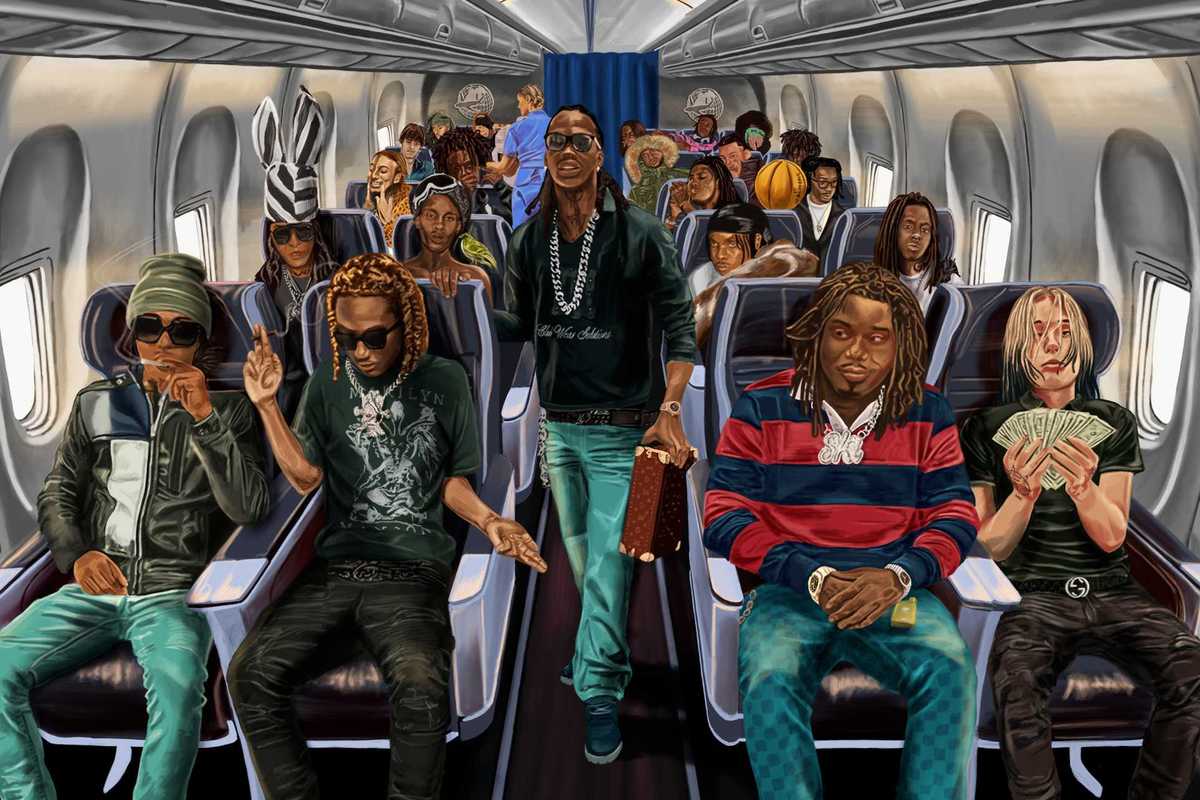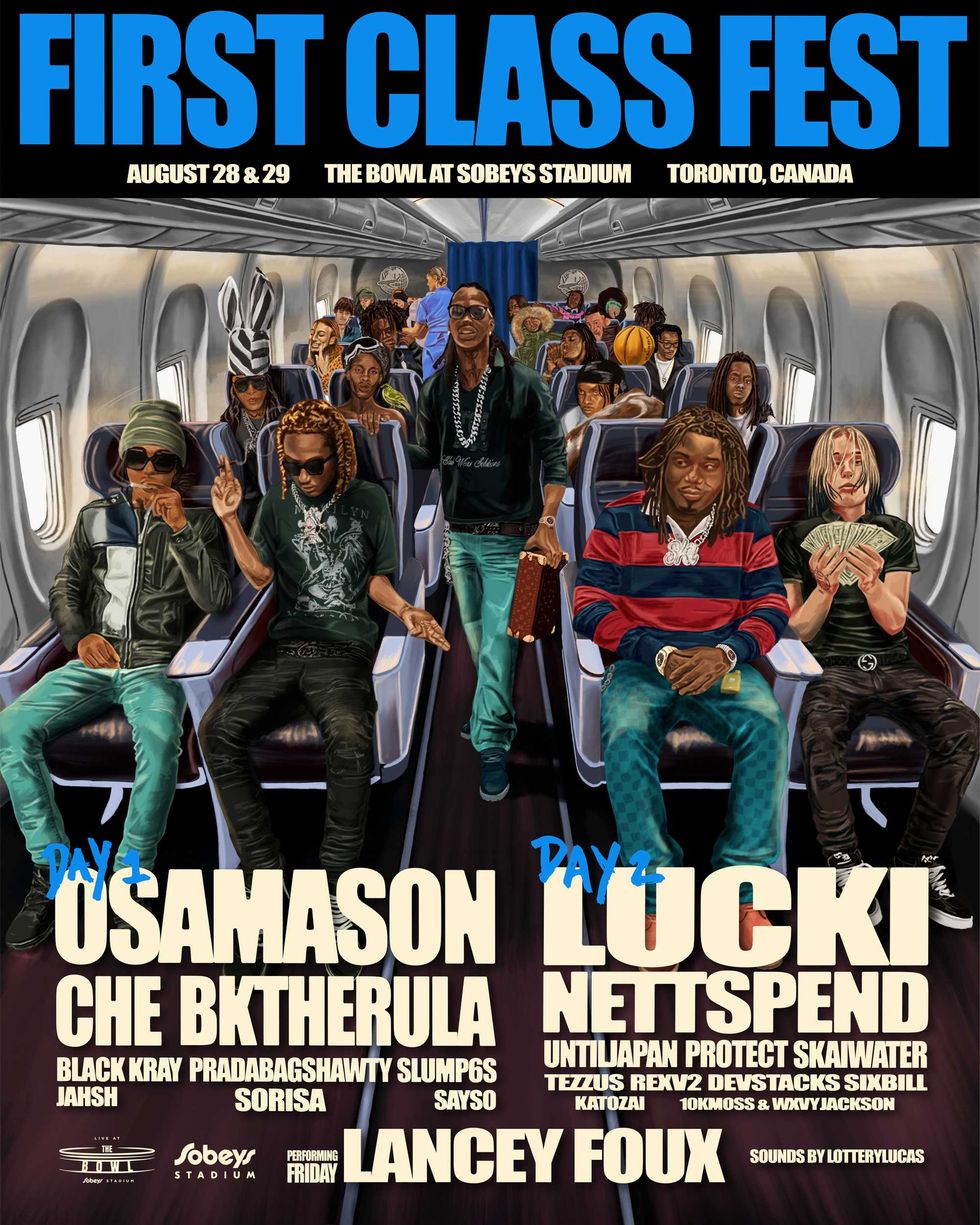
By David Farrell
Stingray launches francophone video channel
Quebec’s music industry, hit hard by online streaming, the disappearance of music videos from television and some regulatory decisions, is getting a boost from the private sector.
Stingray, which owns automated music video TV channels and audio streams, along with ADISQ, the Quebec music industry association, announced Friday the creation of a new TV channel specialized in the broadcast of francophone Canadian music artists. – CP & Montreal Gazette
Digital economy subject of new StatsCan survey
The department is working on determining the size and nature of Canada's digital economy, how fast it's growing and how it's affecting established industries. – Patrick Semansky, The Canadian Press
Canada’s wireless sector has a competition problem
The arguments often put forth by Canada’s three national providers (Bell, Rogers and Telus) are that high retail prices go towards the provision of innovative telecommunications services across Canada’s expansive geography and to its sparse population.
Some would actually suggest that Canada’s wireless sector is a ‘highly competitive’ arena. In a report outlining the state of telecommunications in Canada, the Montreal Economic Institute (MEI) goes so far as to state that since “Canada has successfully transitioned from monopoly to competition, the CRTC should be phased out as Canada’s telecommunications regulator, and the sector should move to a general regime of competition law”. However, experts such as University of Ottawa law professor Michael Geist have pushed back on the report, pointing out flaws in the MEI’s findings, including the fact that Canada’s wireless prices fare poorly even against countries that are less densely populated. – Guest columnist Sabrina Wilkinson, LSE Media Policy Project blog
Oprah pacts with Apple in mega-content deal
Hollywood Reporter sources say the agreement includes everything from film, TV, applications, books and other content that could easily be distributed on the Cupertino company’s all-encompassing platform, excluding podcasts, as Winfrey has her platform for that. The American media billionaire landed at Apple in a competitive situation with other tech giants, likely including Netflix and Amazon, all pursuing similar deals. Reuters reports the tech firm has committed an initial US$1B to the deal.
Here’s who owns everything in Big Media… today
The media landscape used to be straightforward: Content companies — studios — made stuff — TV shows and movies — and sold it to pay TV distributors, who sold it to consumers.
Now things are up for grabs. Recode’s Rani Molla and Peter Kafka have created a media landscape chart graphic that can be viewed here. They also make the promise to update it periodically.
Will podcasting ever go mainstream?
The term “game-changer” is overused in media and tech circles. But in the case of podcasting, many experts believe that a brainless Android app for podcasts is the missing link that will unleash much more interest in the medium. – Fred Jacobs, Jacobs Media
The end of civil rights in America
In a sense, the narrow vision of America bellowed from Trump’s bully pulpit and advanced more incisively through Jeff Sessions' canon of memos is a fulfillment of a promise first made by President Richard Nixon and his Attorney General, John Mitchell, when they married the “southern strategy” with an urban War on Drugs. The union of those platforms creates a paradigm that favours expanding federal enforcement when it comes to crimes in which minorities are often considered perpetrators, but pushes against federal enforcement when civil rights are involved. – Vann R. Newkirk 11, The Atlantic
Dear journalists, stop being loudspeakers for liars
In a world where powerful people lie so brazenly, how can you stop letting them do it, while still fulfilling your essential role in our society? By hacking journalism to meet the challenge, starting with an announcement to the liars and the public that you’re no longer going to play along. Here are some of the ways you can make that stick… – Dan Gillmor, Medium
High-flying technology stocks: today’s Nifty 50?
Apple, the world’s most valuable company, is fast closing in on a US$1 trillion valuation after a double-digit percentage gain. The combined value of Facebook, Apple, Amazon, Microsoft and Alphabet – the FAAMGs, as they are sometimes known – is just shy of $4T. As Bloomberg noted earlier this month, that’s more than the annual gross domestic product of Germany, and all the companies in Japan’s stock index, the Topix.
The continued tech advance has been led by some of the most expensive names in the industry, such as Netflix and Amazon, which have already posted gains of some 90 and 40 percent respectively in 2018.
For some time now, many sceptical investors have warned this was unsustainable, pointing out a great company is not necessarily a great stock. – Proinsias O’Mahony, The Irish Times


















